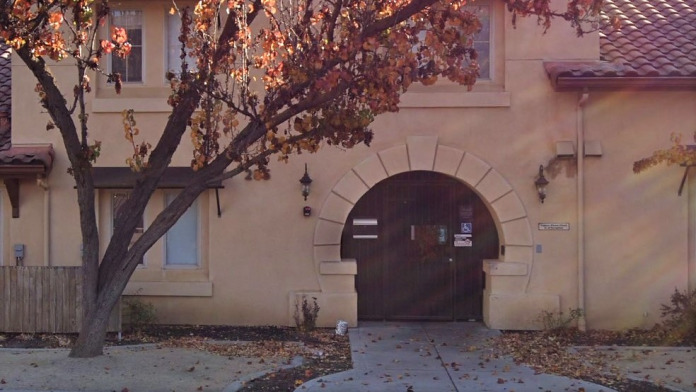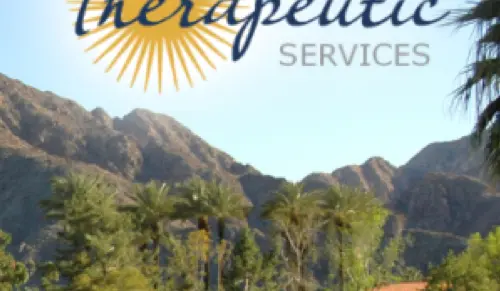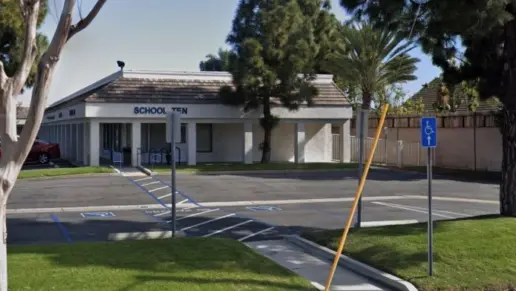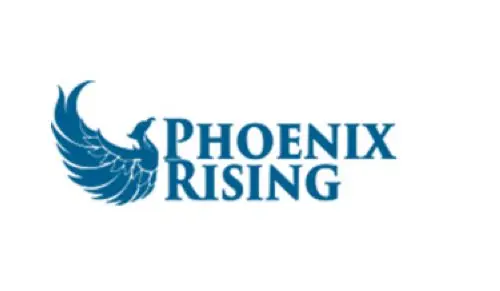About Treatment at Walter’s House
Walter’s House is an accredited dual diagnosis addiction recovery center for adults in Woodland, California, operating under Fourth & Hope, formerly known as the Yolo Wayfarer Center. They provide a continuum of care for the hungry and homeless by moving clients from the streets to stability in Woodland and Yolo County. Available programs include residential treatment, transitional living, supportive housing, and aftercare services.
Walter’s House provides a 44 bed residential drug rehab for men and women with gender specific dorms. This program addresses physical and mental health, substance use, employment and income needs, and housing. During your stay, you have access to restrooms, showers, laundry, transportation, phone, and mail services. You’ll also participate in counseling to help them overcome their addictions to alcohol, opioids, and other substances. Providers develop customized treatment plans based on your needs, such as individual, group, and family counseling, addiction education, life skills and relapse prevention training, crisis intervention, and aftercare planning.
The transitional/sober living program provides housing for up to 24 months along with case management, a house monitor, and a connection to outpatient substance use treatment.
Their parent company also offers a HUD funded permanent supportive housing program that provides housing for individuals and families who are chronically homeless. This is intended for individuals who would unlikely maintain permanent housing without ongoing support.
Walter’s House operates through community-provided donations and does not require insurance. However, if providers need to refer clients to outside providers for additional health or recovery services, those entities may be in-network with most commercial insurance. Verify your coverage with your individual provider because out of network benefits may vary.
Facility Overview
Latest Reviews
Rehab Score
Gallery

Location
Other Forms of Payment
Self-pay involves paying for treatment out of your own pocket. You can use savings or credit, get a personal loan, or receive help from family and friends to fund your treatment. If you don't have insurance or your insurance plan doesn't cover a specific program, self-pay can help ensure you still get the care you need.
Sliding scale payments are based on a client's income and family size. The goal is to make treatment affordable to everyone. By taking these factors into account, addiction recovery care providers help ensure that your treatment does not become a financial burden to you or your family, eliminating one barrier to care.
Addiction Treatments
Levels of Care
Treatments
The goal of treatment for alcoholism is abstinence. Those with poor social support, poor motivation, or psychiatric disorders tend to relapse within a few years of treatment. For these people, success is measured by longer periods of abstinence, reduced use of alcohol, better health, and improved social functioning. Recovery and Maintenance are usually based on 12 step programs and AA meetings.
Drug rehab in California teaches participants constructive ways to stay clean and sober. Treatment revolves around helping individuals stop using the substance they are addicted to and learn healthy habits to avoid relapse.
Opioid rehabs specialize in supporting those recovering from opioid addiction. They treat those suffering from addiction to illegal opioids like heroin, as well as prescription drugs like oxycodone. These centers typically combine both physical as well as mental and emotional support to help stop addiction. Physical support often includes medical detox and subsequent medical support (including medication), and mental support includes in-depth therapy to address the underlying causes of addiction.
Substance rehabs focus on helping individuals recover from substance abuse, including alcohol and drug addiction (both illegal and prescription drugs). They often include the opportunity to engage in both individual as well as group therapy.
Programs


Clinical Services
Creativity is inherently healing, and can help those in recovery express thoughts or feelings they might not otherwise be able to. Creative arts therapy can include music, poetry/writing, painting, sculpting, dance, theater, sandplay, and more. Unlike traditional art, the final product matters far less than the experience of creation and expression itself.
Group therapy is any therapeutic work that happens in a group (not one-on-one). There are a number of different group therapy modalities, including support groups, experiential therapy, psycho-education, and more. Group therapy involves treatment as well as processing interaction between group members.
In individual therapy, a patient meets one-on-one with a trained psychologist or counselor. Therapy is a pivotal part of effective substance abuse treatment, as it often covers root causes of addiction, including challenges faced by the patient in their social, family, and work/school life.
Amenities
-
Private Setting
Staff & Accreditations
Staff

Executive Director

Deputy Executive Director

President

VP

Secretary

Treasurer
Accreditations

The Commission on Accreditation of Rehabilitation Facilities (CARF) is a non-profit organization that specifically accredits rehab organizations. Founded in 1966, CARF's, mission is to help service providers like rehab facilities maintain high standards of care.
CARF Accreditation: Yes
Contact Information
285 4th Street
Woodland, CA 95695


